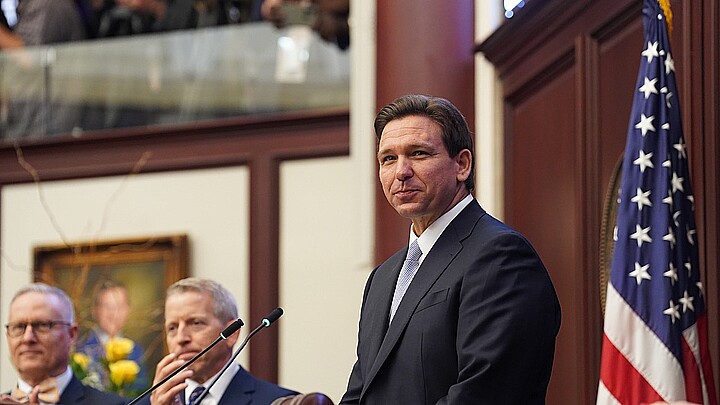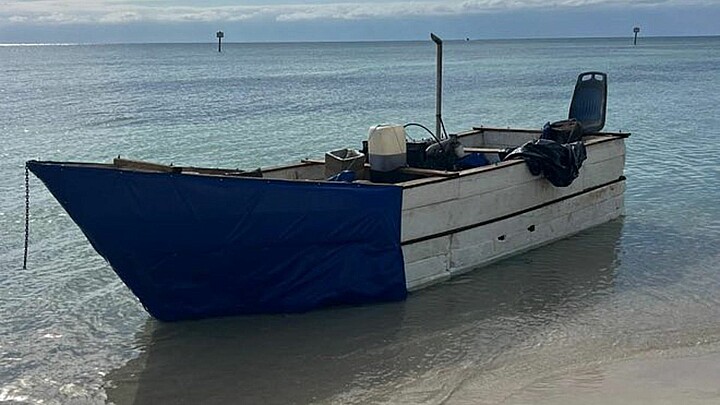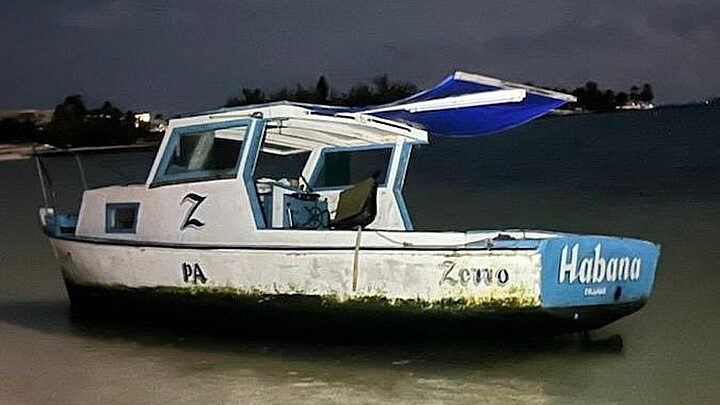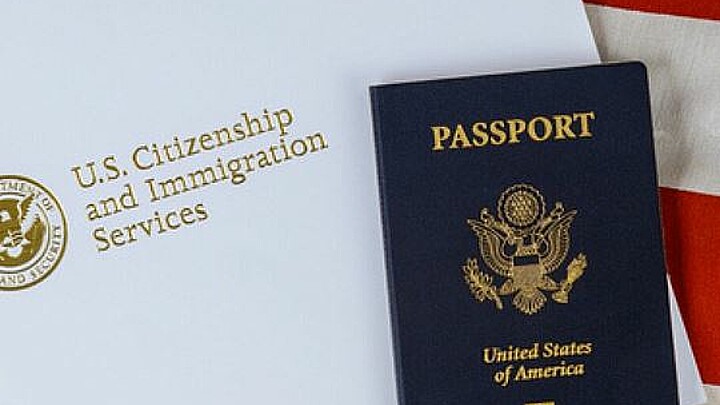Immigration
Venezuelan ex-convicts, paramilitary organizing 'cells' in U.S., says exiled Venezuelan officer
Rumors are circulating among Venezuelans in exile who are concerned about the arrival of Venezuelan paramilitary groups to the U.S.
September 19, 2022 3:55pm
Updated: September 21, 2022 10:52am
For the past four weeks, retired Venezuelan lieutenant and political exile José Antonio Colina Pulido says he has been alerting U.S. authorities through his online show and social media accounts that he has been receiving information Nicolás Maduro is releasing convicted criminals on the condition that they would emigrate from the country to the United States.
According to CBP, between October 2021 and July 2022 more than 130,000 Venezuelan migrants have had encounters at the border with immigration agents after illegally crossing into the United States.
“I had received information about these thugs coming in different ways,” Colina said in an interview with ADN America this morning, adding that he spoke to “people who had to cross through the Darien jungle and have encountered this type of individuals”.
Rumors are circulating among Venezuelans in exile who are concerned about the arrival of Venezuelan paramilitary groups who are penetrating the southwest U.S. border, he said on Twitter last night.
According to Colina, who previously served the Venezuelan Armed Forces (FANB, in Spanish) during the Chavez regime, when “migrants cross the jungle they tend to interact, and many of them have told others they were released from prison to come to the United States, and that they were released under this condition."
But it was not until this weekend that Breitbart Texas published an alleged report from the Department of Homeland Security in which it alerts border agents "to be on the lookout for inmates," including some convicted of murder, rape and extortion because they have intelligence that dictator Nicolás Maduro is releasing inmates from prisons to send them to the United States.
“I also have information that when these people arrive they don't come disorganized," Colina stressed, adding that some of the immigrants of recent exodus "come with a unit commander [or] a block commander who gives them instructions. It's not something that takes place spontaneously or that they organize on the road."
"There are groups that come established, and when they are sent to states like Washington or New York they are re-grouping as a structure or a cell with a certain order, so this is not something that comes spontaneously or from people who found [another] in the jungle and decided to agree," said the lieutenant who organized against Hugo Chavez in 2002 and has had a Venezuelan warrant for his arrest since February 2003.
He also expressed concerns about the security of Venezuelan exiles, whom he expects might begin to receive death threats soon, as the retired military officer does not dismiss the possibility that some of these convicts are members of the Venezuelan intelligence services (SEBIN).
"They tried to do it in the past so I have no doubt they will do the same now," he added.
In Colina's opinion, part of the exodus is due to a planned movement by Maduro to create "chaos or a negative opinion matrix around the Venezuelan [exile] community like the one created in Colombia or Chile."
Concerned about the future of his new American homeland and his fellow Venezuelan exiles, Colina recently called upon both parties to fix the situation at the border. He also criticized DeSantis's decision to send Venezuelans to Massachusetts, saying the long-term result could be damaging.
"The system is not working because people crossing the border are sent to a shelter, some are taken to a center, and then, as with Venezuelans, it is known that there is a crisis, [but] they are released without having passed the credible fear test or even knowing if they have relatives in the United States", he said.
"Those failures in the immigration system are what causes governors like Texas and Florida to take this as a political tool because the controls are not being carried out, and that is a big difference between how the system worked before... and the immigration crisis that there is now."











